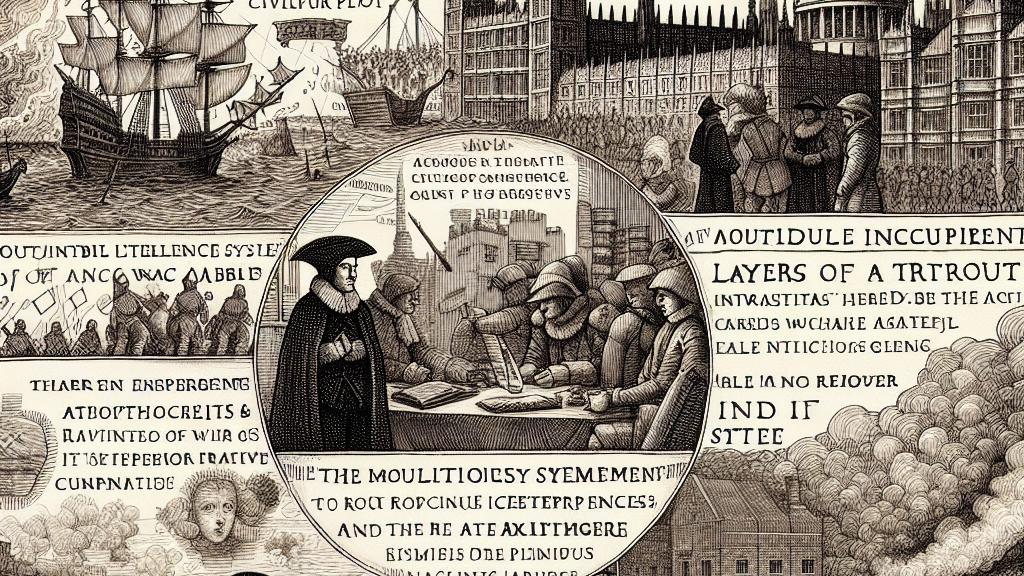Espionage in the Stuart Era: Secrets Behind an Unstable Europe
Overview
- Dive into the riveting world of espionage during the tumultuous Stuart era, where secrets shaped nations.
- Meet essential figures, including influential secretaries of state and clever diplomats, who navigated this shadowy landscape.
- Discover how systems like the Post Office revolutionized information gathering in a time fraught with danger.

The Turbulent Context of the Stuart Era
The Stuart period was remarkably unstable, characterized by a whirlwind of civil wars, plots, and political strife. For King Charles II, ruling during such a time meant treading carefully in a landscape riddled with betrayal. He faced challenges that ranged from the infamous Gunpowder Plot to numerous conspiracies against his throne. By the time of Charles II's restoration in 1660, the British government recognized that robust intelligence systems were no longer optional; they were essential. Fortunately, historians have found a treasure trove in the archived state documents, revealing hidden stories of espionage that flourished in the shadows. Every letter and secret communication unearthed adds layers to our understanding of this intriguing period.
Key Players: Secretaries of State and Diplomats
At the center of espionage activities were the pivotal players—secretaries of state and astute diplomats—whose actions could tip the scales of power. Take Sir William Trumbull, for example, who leaned heavily on a single source for intelligence, relying on his comfort with a tighter circle. In stark contrast, the meticulous James Johnston preferred to weave a rich tapestry of informants throughout the rival factions in Europe. His critical discovery of the French invasion fleet in 1692 showcased just how vital diverse sources of intelligence could be. Diplomats like Sir Paul Rycaut further contributed to this intelligence network; when he captured the collaboration between French and Swedish spies in Hamburg, it highlighted the interwoven nature of alliances and conflicts across Europe. Each report sent back home held the potential to change the course of history, reminding us that information could either protect the realm or bring it to its knees.
Communication as a Vital Tool for Espionage
In this high-stakes game, effective communication became the lifeblood of espionage. The Post Office, revamped under Oliver Cromwell, was transformed from a simple postal service into a critical hub for intercepting and deciphering correspondence that might reveal dangerous plots. It was in this realm that spies operated with acute awareness of the risks involved. For instance, Johnston himself chose to rely on dependable smugglers to relay sensitive information, rather than risking exposure through the conventional postal routes. The blend of clandestine tavern conversations, coded letters, and the crafty maneuverings of spies contributed to an elaborate web of intelligence that shaped the political landscape of the time. This complex coordination exemplifies how knowledge served as both a shield against treason and a sword that could carve out power, demonstrating the lengths to which individuals will go to protect their secrets and their interests.

Loading...